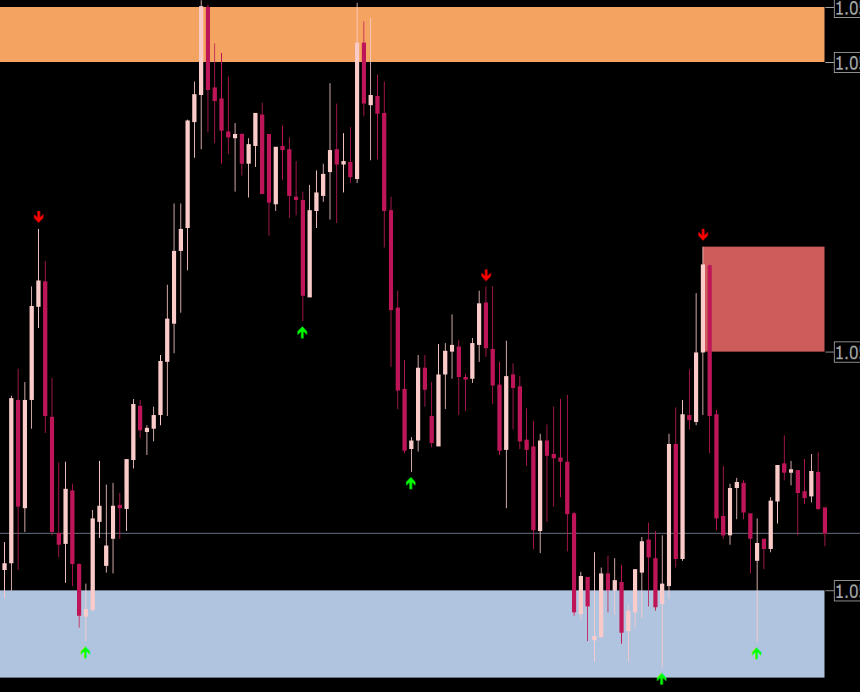Introduction
The foreign exchange market (forex) is the largest and most liquid financial market globally, attracting traders from all walks of life. However, the industry has been plagued by allegations of unscrupulous brokers engaging in liquidity manipulation. In this article, we will delve into the world of FCA-regulated forex brokers, separating fact from fiction regarding their alleged role in liquidity manipulation.

Image: forexobroker.com
FCA’s Stringent Regulations
The Financial Conduct Authority (FCA) is the regulatory body responsible for overseeing the UK financial services industry, including forex brokers. The FCA employs stringent regulations to ensure fair and transparent practices within the sector. These regulations include:
- Client Money Protection: FCA-regulated brokers are required to segregate client funds from their own, ensuring that traders’ money remains protected in the event of the broker’s insolvency.
- Transparency and Disclosure: Brokers must disclose all terms and conditions, including spread markups and commission charges, to their clients in a clear and concise manner.
The Role of Market Makers
In the forex market, liquidity is essential for traders to execute their orders efficiently. FCA-regulated forex brokers typically act as market makers, supplying liquidity by quoting both the bid and ask prices for currency pairs. By providing liquidity, brokers facilitate efficient trading and reduce slippage, which can lead to losses for traders.
Liquidity Manipulation Allegations
Despite FCA’s stringent regulations, some traders have accused FCA-regulated brokers of engaging in liquidity manipulation. These allegations typically involve:
- Fake Slippage: Brokers artificially widening the spread or executing orders at unfavorable prices, resulting in significant losses for traders.
- Latency Arbitrage: Brokers intentionally delaying order execution to profit from price fluctuations, causing traders to miss their target prices.

Image: rahasiabisnistopz.blogspot.com
Addressing Liquidity Manipulation Concerns
To safeguard traders’ interests, the FCA has implemented measures to combat liquidity manipulation:
- Market Surveillance: The FCA actively monitors the market for any suspicious activities and investigates any potential cases of market abuse.
- Enforcement Actions: The FCA has the authority to impose fines and other penalties on brokers found guilty of manipulating liquidity or engaging in other unfair trading practices.
- Dispute Resolution: Traders can submit complaints to the FCA’s Independent Dispute Resolution Scheme if they believe they have been the victim of liquidity manipulation or other misconduct.
Tips and Expert Advice for Traders
To mitigate potential risks associated with liquidity manipulation, traders should follow these expert tips:
- Choose FCA-Regulated Brokers: Opt for brokers that are authorized and regulated by the FCA, as they are subject to stringent oversight and have robust client protection measures in place.
- Understand Order Execution: Familiarize yourself with the broker’s order execution policies and ensure you understand how orders are filled and the potential for slippage.
- Use Stop-Loss Orders: Implement stop-loss orders to limit your potential losses in case the market moves against you.
Empowering Traders through Knowledge
Education is vital in empowering traders against liquidity manipulation. Equipping yourself with knowledge about market dynamics, broker regulations, and trading strategies can help you make informed decisions and protect your financial interests.
FAQ on FCA Forex Brokers and Liquidity
Q: Are all FCA-regulated forex brokers involved in liquidity manipulation?
A: No, FCA-regulated forex brokers are required to adhere to strict regulations that prohibit liquidity manipulation. However, it is important to thoroughly research and select a reputable and trustworthy broker.
Q: What measures should I take if I suspect liquidity manipulation?
A: If you suspect liquidity manipulation by your broker, you should gather evidence to support your claim and contact the FCA or other relevant regulatory bodies.
Fca Forex Broker Take The Liquidity From
Conclusion
While allegations of liquidity manipulation have plagued the forex industry, FCA-regulated brokers are subject to stringent regulations and oversight to protect traders’ interests. By choosing FCA-regulated brokers, understanding order execution, and implementing protective measures, traders can mitigate potential risks and confidently navigate the forex market.
Are you interested in learning more about FCA-regulated forex brokers and liquidity manipulation? Join our webinar or get in touch with us!






